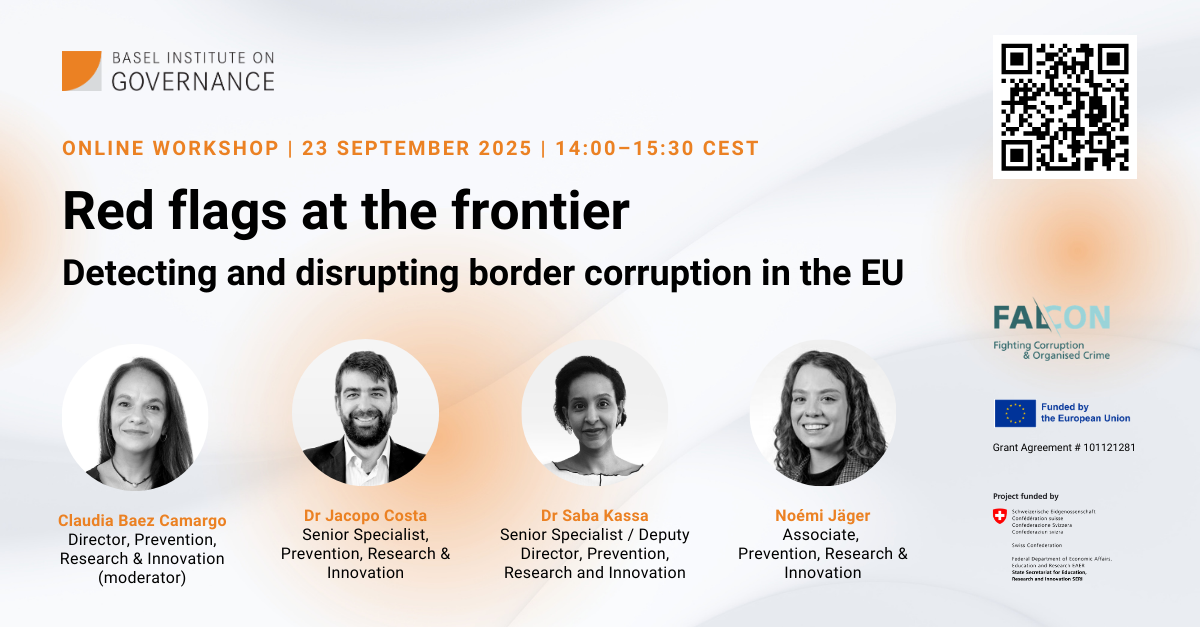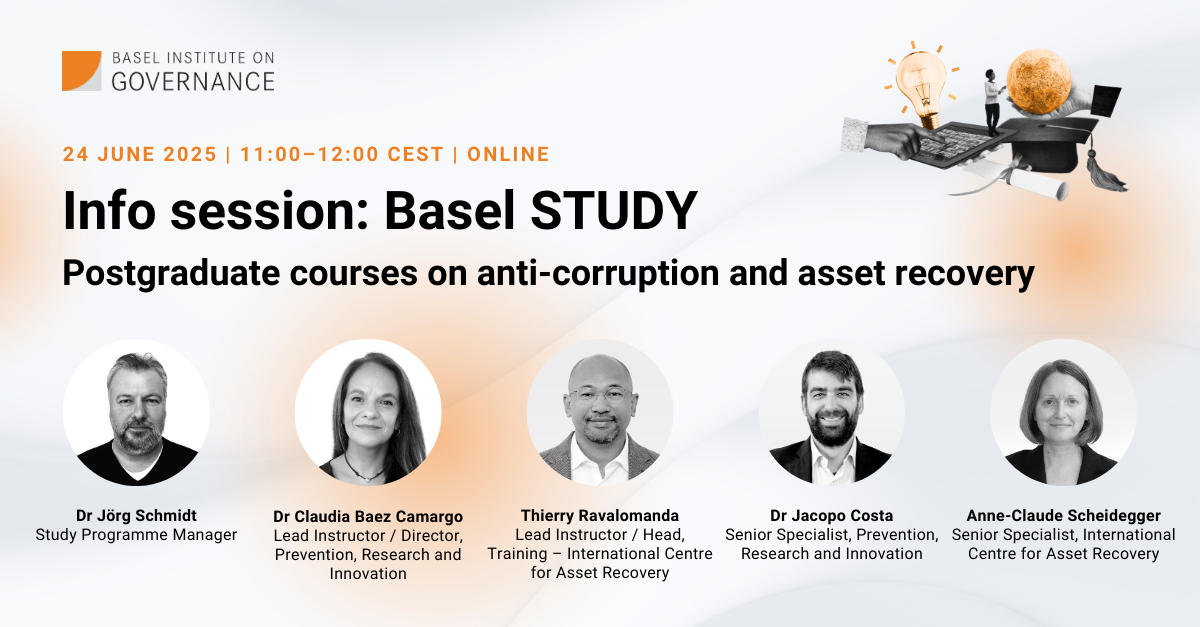Corruption at border points remains a pressing global issue, threatening not only border integrity but also the health, safety and security of our societies. It enables illicit trafficking, facilitates organised crime and undermines trust in public institutions.
In our Working Paper 58, Saba Kassa and Jacopo Costa examine how corruption facilitates drug trafficking through the port of Rotterdam.


